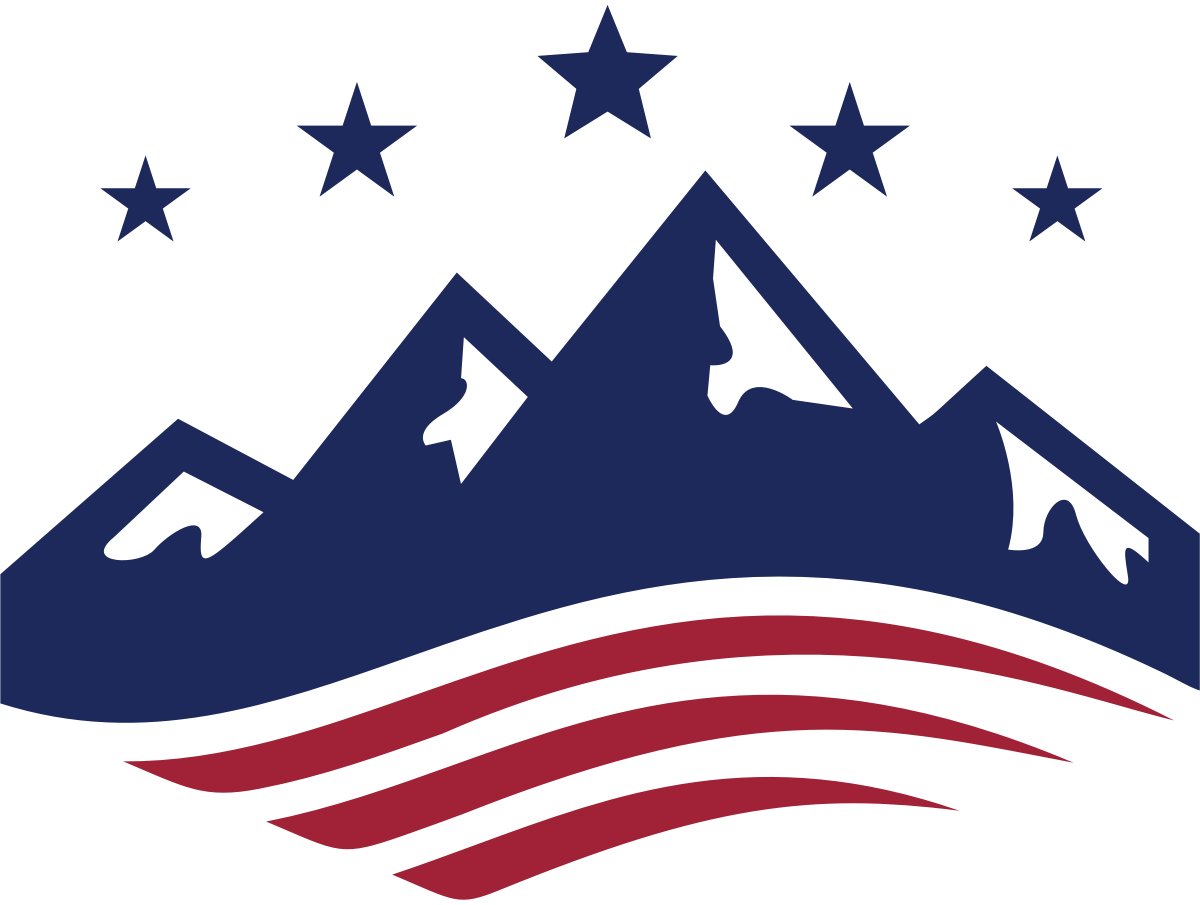
Written by William C. Duncan
January 4, 2024

In 2023, the U.S. Supreme Court made two important religious freedom decisions. In the first, the court clarified that employers must accommodate the religious practice of their employees unless doing so would create substantial increased costs. In the second, the court held Colorado could not require a religious web designer to create websites that promoted messages with which she disagreed.
To this point, the court has not accepted any religious freedom cases for review in 2024. Since the court has issued a number of important decisions clarifying the legal standards for assessing religious freedom claims, the justices may reasonably believe that lower courts – or better, legislatures – should be allowed to apply those principles to resolve or avoid religious freedom disputes before it must decide additional disputes.
Religious freedom in the courts
In 2023, Sutherland Institute filed three amicus briefs in such cases with important implications for religious freedom.
Sutherland filed one brief in a case challenging Utah’s abortion regulations to stress the correct interpretation of the state constitution’s religious liberty guarantees.
In the U.S. Court of Appeals for the Ninth Circuit, Sutherland filed a brief in a case challenging Washington’s effort to require religious employers to retain abortion coverage for their employees. The brief focused on the importance of protecting the autonomy of churches to act in accordance with their beliefs.
Finally, in a Colorado Supreme Court case – where the cake decorator involved in an earlier Supreme Court case is again being asked to create a cake to send a message at odds with his religious beliefs – Sutherland filed on behalf of legal scholars to stress the importance of protection from compelled speech.
Court decisions in these cases are expected in coming months.
Other cases with religious freedom implications that Sutherland has been watching are pending in various federal courts. A Catholic couple has challenged Massachusetts’ decision to bar the pair from acting as foster parents because their beliefs about human sexuality do not comply with the state’s perspective. The Catholic Charities Bureau in Wisconsin is challenging the state’s determination that they are not religious enough to participate in a religious unemployment insurance program. The U.S. Court of Appeals for the Ninth Circuit is considering a lower court decision that a jury, rather than the church itself, should determine the nature of and uses for tithing donations. In Minnesota, religious parents are challenging their exclusion from a state concurrent enrollment program because their children want to attend religious schools.
Decisions in these cases are also likely to be issued in 2024. Sutherland will write about and analyze those decisions when they come down and will likely file briefs in some of these cases as forthcoming rulings are appealed.
Contributions of religion to society
The recent distressing spectacle of antisemitism at elite universities in the United States has prompted questions about the role of higher education in a pluralistic society. In 2024, Sutherland will continue to explore and describe the unique contributions of religiously affiliated colleges and universities.
As previously discussed here, religious colleges have the potential to identify solutions to many of the pressing concerns of higher education. The apparent need to strengthen the moral formation of students is one of the concerns to which the experience of religious schools can make a helpful contribution.
The anniversary of Utah’s statehood came this week, on January 4. That event in 1896 culminated a decades-long effort for the territory to secure admission to the Union so it could, among other things, secure the protections of the U.S. Constitution for Utah residents. As with other states, a core consideration was religious freedom, since the failure to secure that right had led to the effort to settle the territory beginning in 1847.
The need for religious freedom is no less acute today, and efforts to protect and secure it are still critical.

Insights: analysis, research, and informed commentary from Sutherland experts. For elected officials and public policy professionals.

- The U.S. Supreme Court has not yet accepted religious freedom cases for its current term, but important cases are pending in other state and federal courts.
- Sutherland Institute has filed amicus curiae briefs in three of these cases and is watching others as they progress.
- Sutherland will also be issuing a report on unique contributions of religious higher education in 2024.
Read More
Parents and religious freedom
Mahmoud v. Taylor is one of the most significant cases of the U.S. Supreme Court’s current term.
Considering copyright law and sharing curriculum
There are ways schools and districts can advance parent access to curriculum within the bounds of copyright law.
Parental Rights on Trial: What’s at Stake in Education
How should the public education system accommodate the diverse values of American families?


